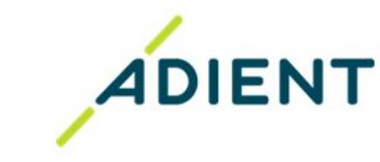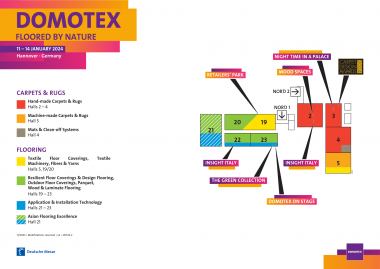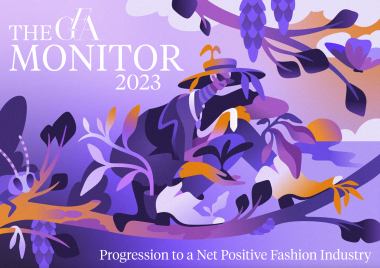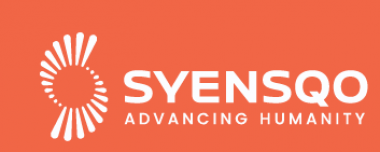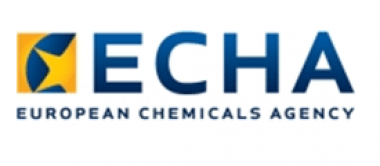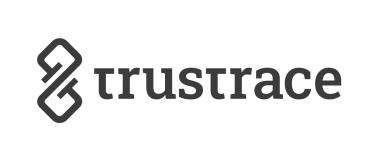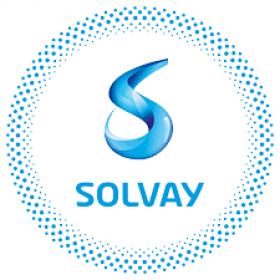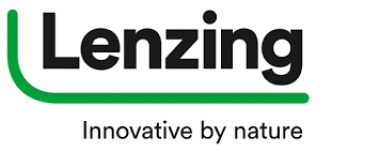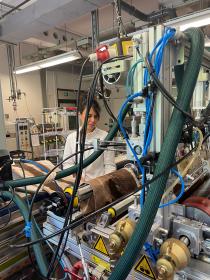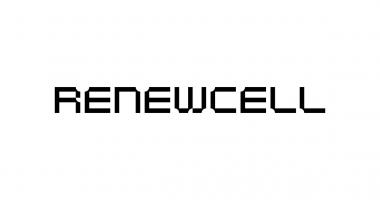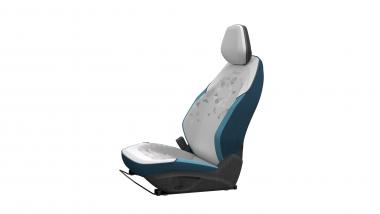Adient again ranked as Top Employer
Adient, a leader in automotive seating, has been certified for the second time by the Top Employers Institute as a European Top Employer for several of its EMEA locations.
23 of the automotive supplier’s locations in the Czech Republic, Hungary, North Macedonia, Poland, Romania, and Serbia underwent an extensive assessment by the institute and were evaluated in categories such as People Strategy, Work Environment, Talent Acquisition, Learning, Diversity & Inclusion, Wellbeing and more. All six assessed markets obtained the certification, having already done so in last year’s edition.
While the organization’s overall score improved by 4.5% compared to 2023, Adient stands out the most from its competitors in the areas of People Strategy and DE&I practices, at 11% and 7%, respectively.
The Top Employers Certification Program has been created to provide guidance on people practices of employers in a wide range of industries. It evaluates companies worldwide and provides feedback on their working culture based on a best practice survey.
Adient


